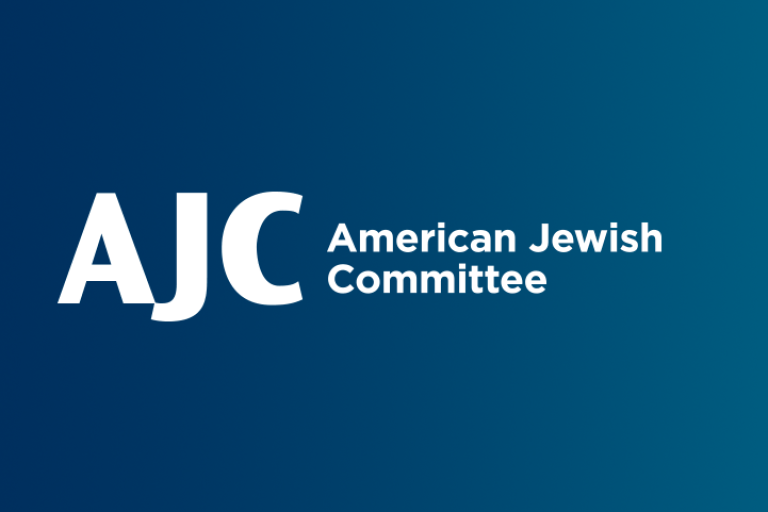June 8, 2015 — New York, New York
AJC is deeply disappointed that the U.S. Supreme Court negated a family’s request to designate Jerusalem, Israel as their son’s birthplace on his U.S. passport. Menachem Zivotofsky was born in Jerusalem in 2002 to U.S.-citizen parents.
The High Court, by a vote of 6-3 in Zivotofsky v. the Secretary of State, ruled unconstitutional a statutory provision requiring the State Department to issue passports listing “Jerusalem, Israel” – instead of simply “Jerusalem” -- as a place of birth.
AJC had filed an amicus brief in the case arguing that, based on a well-established historical record, “Congress has an important role to play in determining America’s decision on recognition of foreign governments and in setting passport policy.”
“The Supreme Court ruling is a personal tragedy for the Zivotofsky family, and a greater one for all U.S. citizens who legitimately claim Jerusalem, the capital city of Israel, as their place of birth,” said AJC General Counsel Marc D. Stern.
While the Supreme Court cited the AJC brief as being of “considerable assistance,” the majority of justices did not agree. The Court found that the Constitution granted the president exclusive authority to recognize foreign governments.
However, the court was careful to note that its holding was a narrow one. It pointedly did not accept the government’s position that the president had exclusive authority over foreign affairs – a position which would have significantly affected the balance of power. It also carefully explained that its decision should not be understood as expressing any view on sovereignty of Jerusalem.
Chief Justice Roberts, in dissent, wrote that “never before has this court accepted a president’s direct defiance of an act of Congress in the field of foreign affairs.”
The AJC brief was prepared by Gregory E. Ostfeld of the law firm Greenberg Traurig, LLP.


